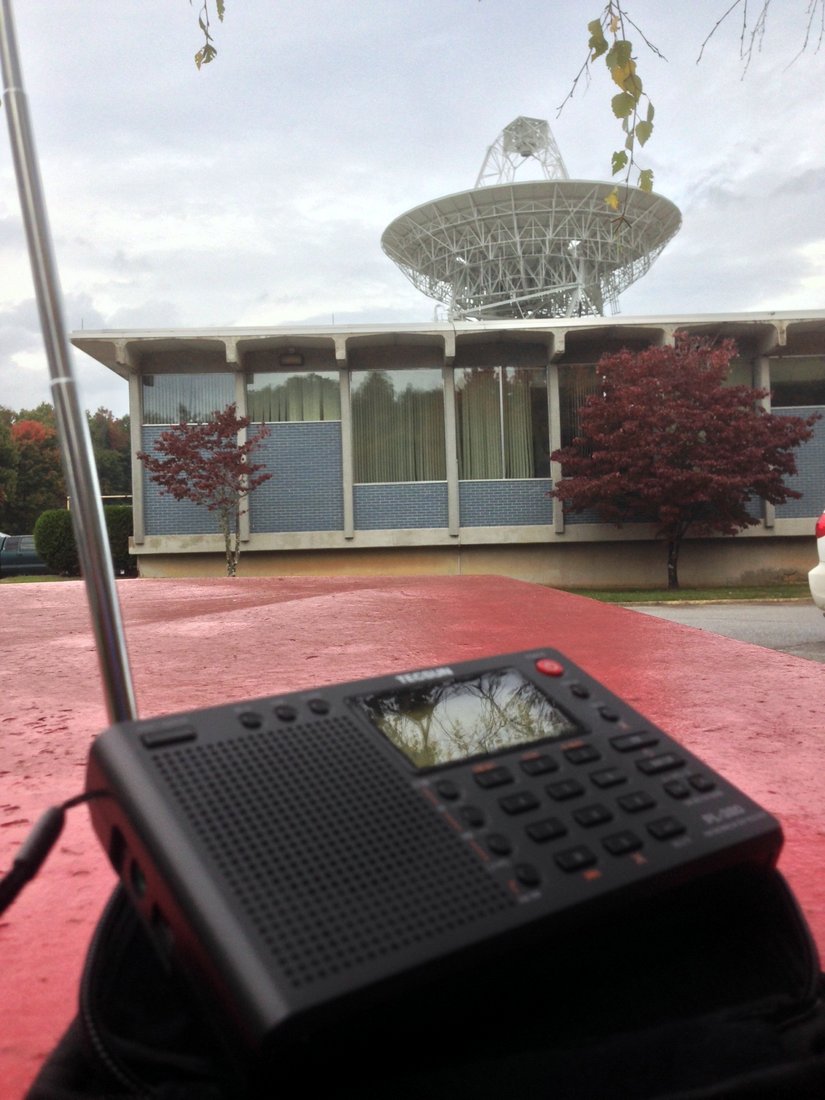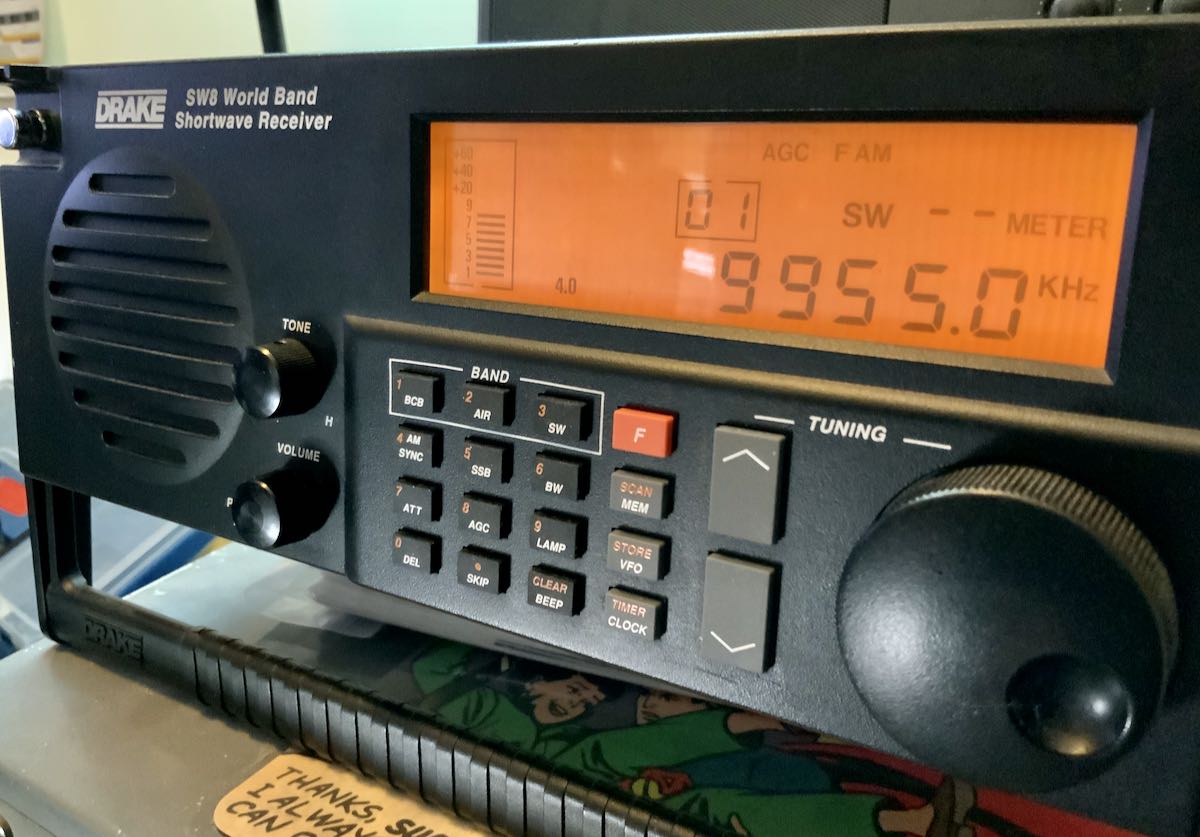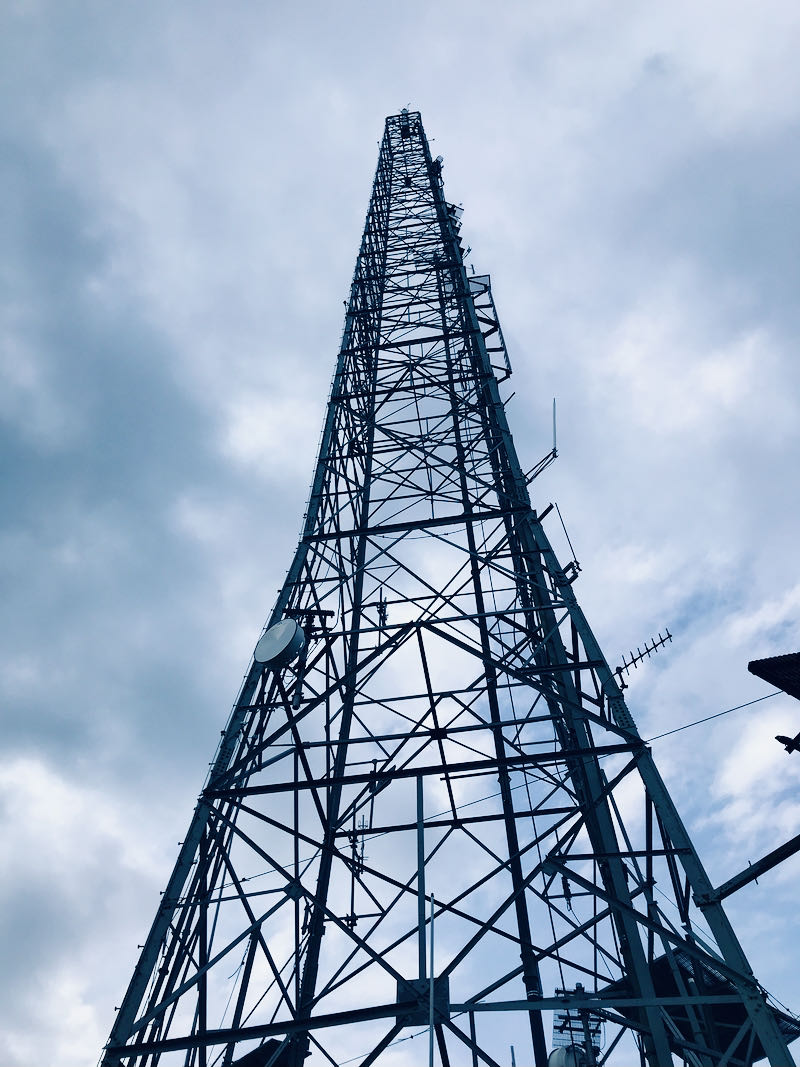Radio Waves: Stories Making Waves in the World of Radio
Welcome to the SWLing Post’s Radio Waves, a collection of links to interesting stories making waves in the world of radio. Enjoy!
Many thanks to SWLing Post contributors Trevor Robbins and Dennis Dura for the following tips:
Digital Library Of Amateur Radio And Communications Is A Treasure Trove (Hackaday)
Having a big bookshelf of ham radio books and magazines used to be a point of bragging right for hams. These days, you are more likely to just browse the internet for information. But you can still have, virtually, that big shelf of old ham books, thanks to the DLARC — the digital library of Amateur Radio and Communications.
A grant from a private foundation has enable the Internet Archive to scan and index a trove of ham radio publications, including the old Callbooks, 73 Magazine, several ham radio group’s newsletters from around the globe, Radio Craft, and manuals from Icom, Kenwood, Yaesu, and others.
There are some old QST magazines and the index to newer ones. You can find catalogs and military documents. We miss a lot of these old magazines and newsletters. For example, RCA’s “Ham Tips” is something you won’t find anything like anymore. Most of the material is in English, but there are some other languages represented. For example, the Dutch version of Popular Electronics is available. There’s also material in Afrikaans, Japanese, German, and Spanish. [Continue reading at Hackaday…]
Ham Radio Operators, We Need Your Help During Solar Eclipses! (NASA)
Ham Radio operators, we’re calling you! Members of the Ham Radio Science Citizen Investigation (HamSCI) will be making radio contacts during the 2023 and 2024 North American eclipses, probing the Earth’s ionosphere. It will be a fun, friendly event with a competitive element—and you’re invited to participate.
Both amateur and professional broadcasters have been sending and receiving radio signals around the Earth for over a century. Such communication is possible due to interactions between our Sun and the ionosphere, the ionized region of the Earth’s atmosphere located roughly 80 to 1000 km overhead. The upcoming eclipses (October 14, 2023, and April 8, 2024) provide unique opportunities to study these interactions. As you and other HamSCI members transmit, receive, and record signals across the radio spectrum during the eclipse, you will create valuable data to test computer models of the ionosphere.
For more information, go to https://hamsci.org/festivals-eclipse-ionospheric-science
DRM to Europe (DRM Consortium Newsletter)
The Canadian pop music station PopShopRadio in British Columbia has just announced that they will use the DRM standard to broadcast their best pop music towards Europe on the 5th March 2023 at 2000-2100 CET (GMT+1) on 5875 kHz (85kW) from Wooferton in the UK.
This radio station is specialised in transmissions of well-known pop music from the 60s and 70s or even before that. They are collecting the best tunes from various countries and offer them to the world using shortwave. This time round they wish to also use the DRM standard in SW to be able to reach distant parts of the globe in much better sound quality.
For more details please click here and here.
Hackers Disrupt Russian Radio (Radio World)
Air raid sirens broadcast in a dozen cities
Radio stations in several Russian cities were disrupted on Feb. 22 by the sound of air raid sirens and a warning of imminent missile strikes.
The broadcasts were reportedly heard in Belgorod, Chelyabinsk, Kazan, Magnitogorsk, Nizhny Novgorod, Novouralsk, Pyatigorsk, Stary Oskol, Syktyvkar, Tyumen, Ufa, and Voronezh, among other cities. Recordings of the broadcast were shared on the social media network Telegram and reported on by Meduza.
Meduza, an independent news agency now based in Latvia, was forced to move its operations out of Russia during the media crackdown that followed Russia’s February 2022 invasion of Ukraine. [Continue reading at Radio World…]
Radio Closures Hit Afghanistan Hard (Radio World)
Only 223 stations remain on air 18 months after Taliban regained control of the country
In the 18 months since the Taliban retook full control of Afghanistan, 177 radio stations have gone off the air in the country, displacing about 1,900 journalists and other employees.
In a statement released on World Radio Day 2023, the Afghan Independent Journalists Association noted that during the Islamic Republic period from 2004–2021, there were as many as 401 radio stations operating in Afghanistan. As the Taliban Insurgency increased its control of the country, about 56 stations went off the air before the Taliban took control and reinstated the Islamic Emirate of Afghanistan in August 2021.
Since then, around 120 stations have ceased broadcasting due to economic pressures. The AIJA stated that only 223 stations currently operate in the country.
With these stations going dark, more than 1,900 journalists and media workers are now unemployed in the country, include 1,075 women. [Continue reading at Radio World…]
Do you enjoy the SWLing Post?
Please consider supporting us via Patreon or our Coffee Fund!
Your support makes articles like this one possible. Thank you!





